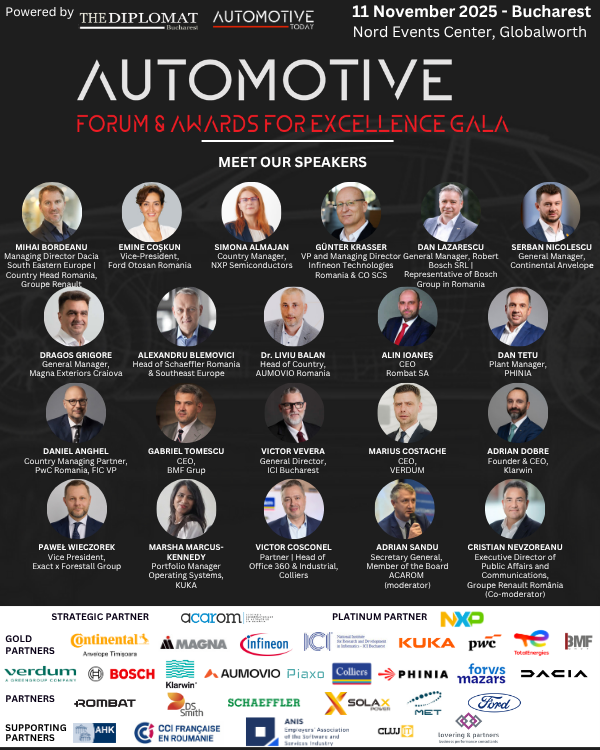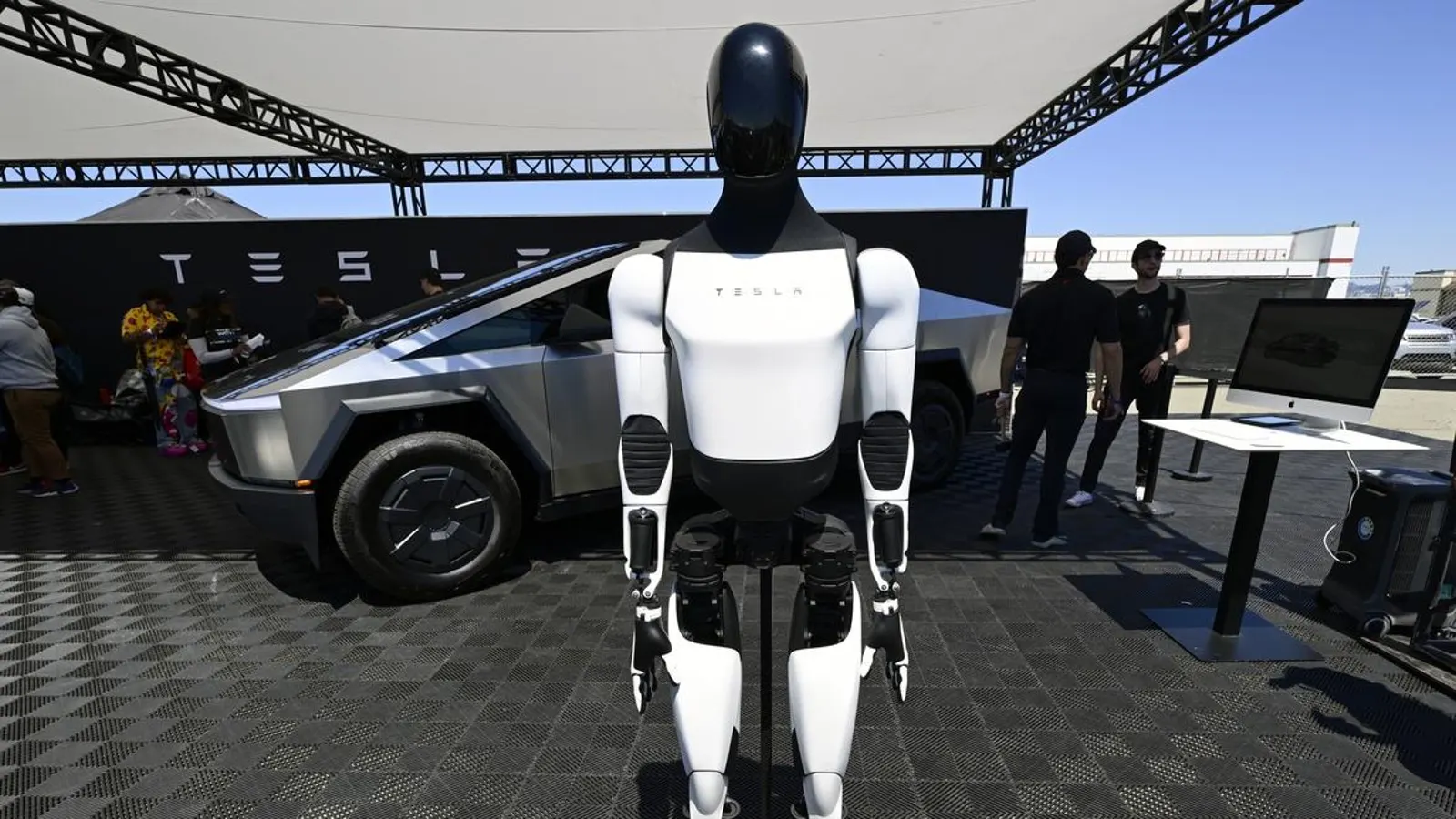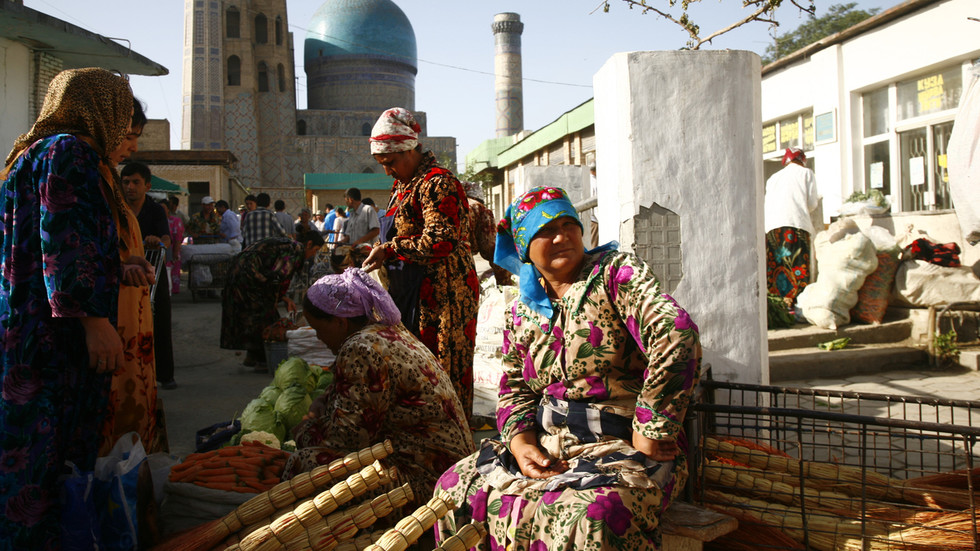Copyright thediplomat

MOL Group calls for tangible actions to restore Europe’s industrial competitiveness, warning that high energy costs, regulatory complexity, and burden along with the increasingly fragmented markets are putting the continent’s long-term prosperity at risk. The company is advocating for a European Minimum of Competitiveness as guidance for coherent, actionable EU-level industrial policies. György Bacsa, Group Chief Strategic officer at MOL Group, said Europe must move beyond debate and deliver tangible measures to safeguard its industrial base. “Europe’s industrial battery still works, but we need the right voltage to recharge it,” he said at MOL Group’s Annual Brussels Reception. “That means smarter policies, faster decisions and coordinated support to give European producers a fair chance to compete globally.” MOL Group is advocating for what it calls a European Minimum for Competitiveness—a shared framework that would anchor Europe’s industrial policy in a clear set of principles. The proposal calls for an economic approach that puts growth and industry at its core. It argues that Europe needs rules that are practical and predictable, energy and raw materials that are secure and affordable, and a business environment where companies can invest and compete on fair terms. It also highlights the need to reduce bureaucracy and taxes, support and protect European producers, and align industrial and climate objectives with the global realities. The European Minimum for Competitiveness sets out nine key considerations that, together, could form the foundation of Europe’s long-term industrial strategy: The basic target of any economic policy shall be economic growth driven by the solid financial performance of the corporate sector. A detailed feasibility analysis (economic, social, technological) is needed before the implementation of any top-down regulatory measure. The daily security of supply of energy, commodities and key materials must be treated as a top priority. Energy costs, bureaucracy, and taxes must be reduced. Complex ecosystems and value chains should be the focus of the regulator instead of supporting only particular areas. We must support investment in key technologies and innovations. We need our own strong and independent refining and chemical infrastructure. We need to protect European producers, and subsidies should be directed to the “Made in Europe” program. We need more allies: international climate policy measures must be integrated into EU policy to a much greater extent, and we must face global reality. We need realistic and flexible targets based on business cases and regional specificities. György Bacsa underlined that Europe’s prosperity and independence depend on a strong industrial foundation and a closer partnership between policymakers and businesses. “A strong Europe needs strong industry,” he said. “This is not just an economic issue; it is about safeguarding Europe’s ability to shape its own future.” As one of Central and Eastern Europe’s leading industrial and energy companies, MOL Group remains committed to contributing to Europe’s long-term competitiveness and sustainability. Through ongoing investment and cooperation, the company works to strengthen Europe’s industrial and energy base and to help ensure that the region remains competitive and secure in a changing world.



